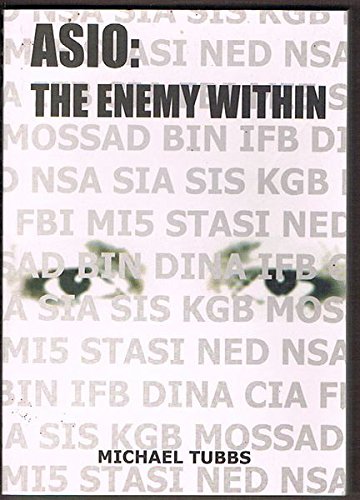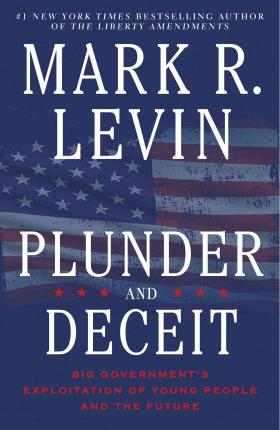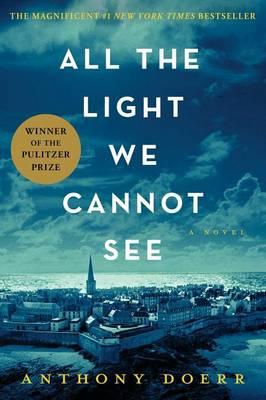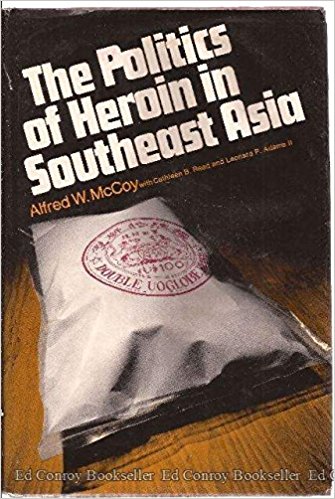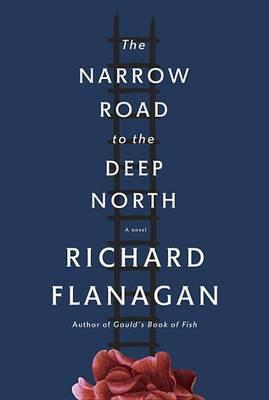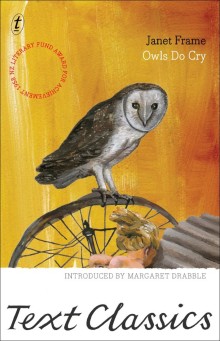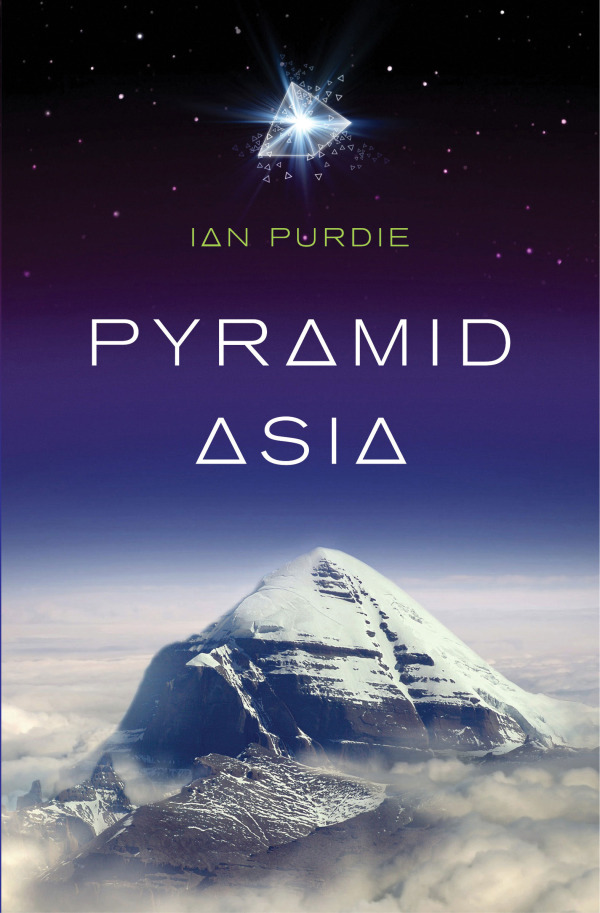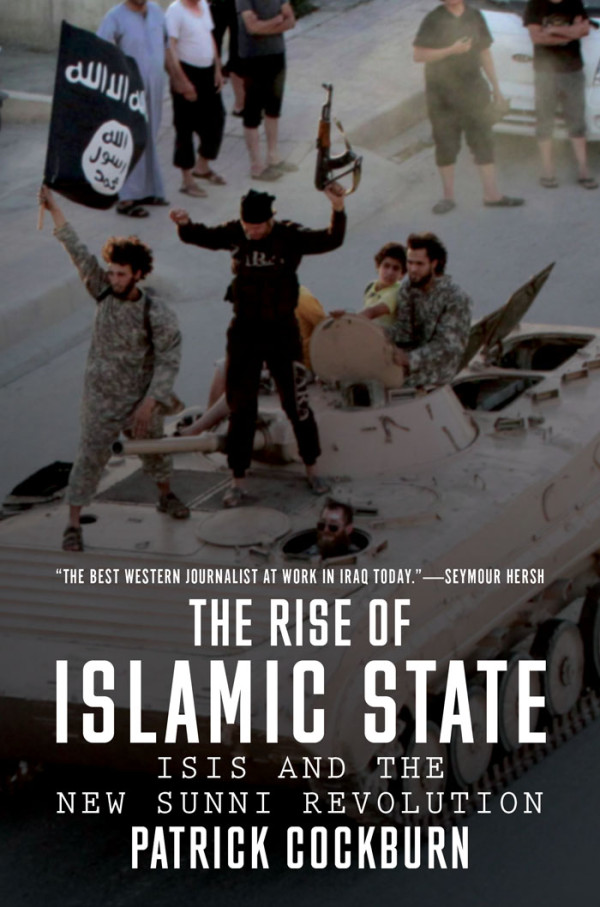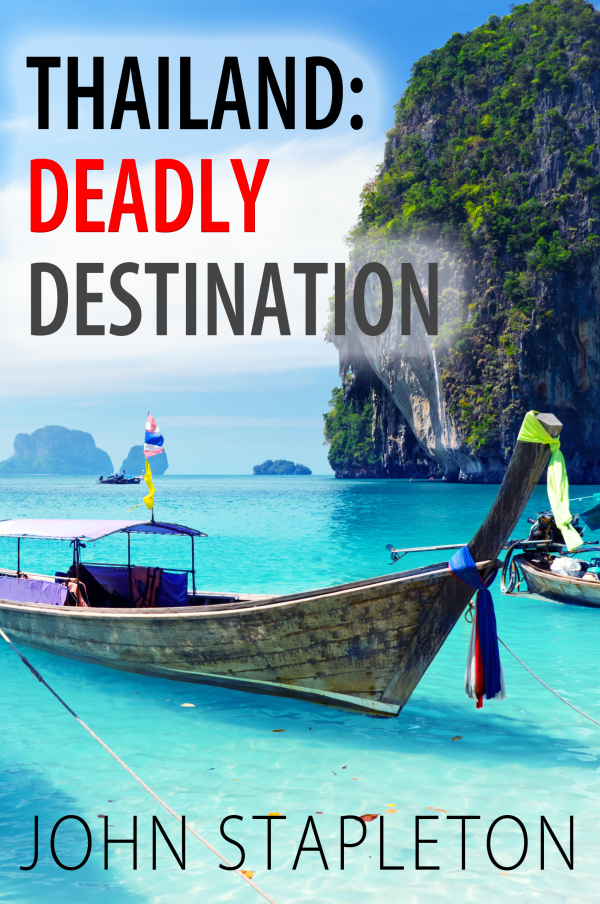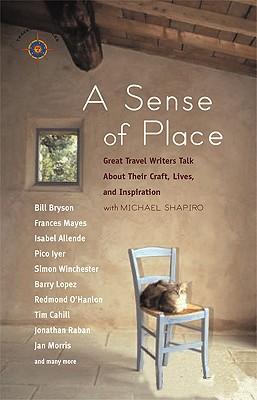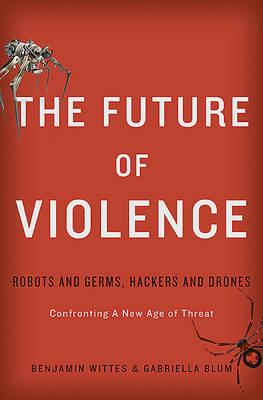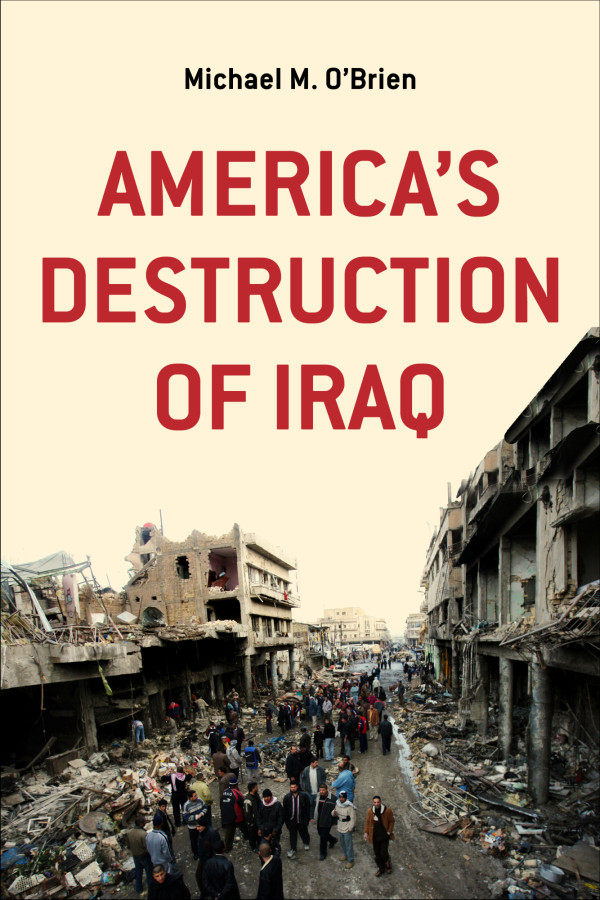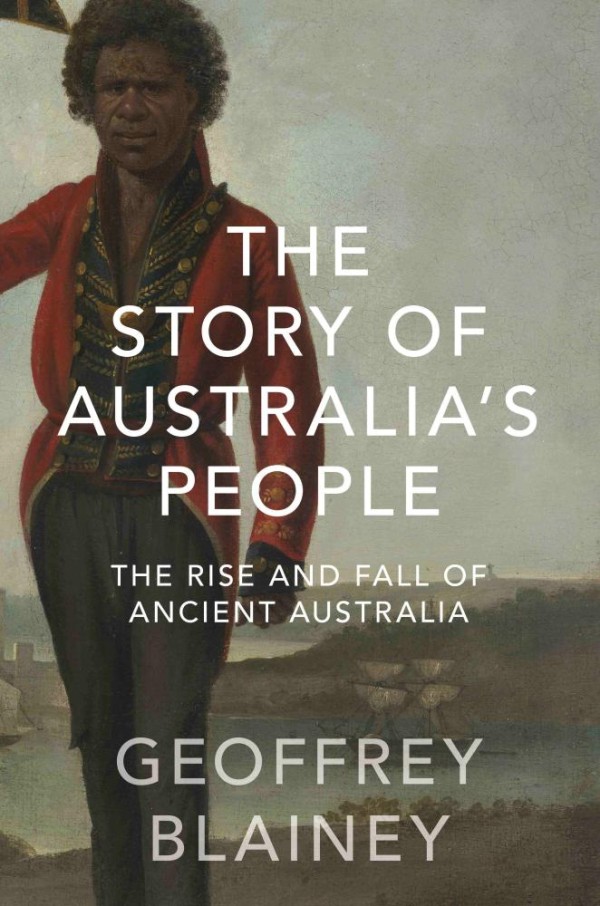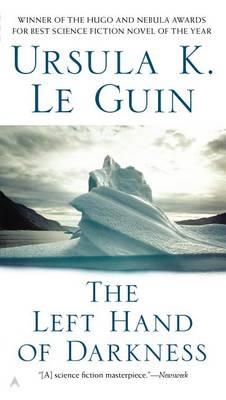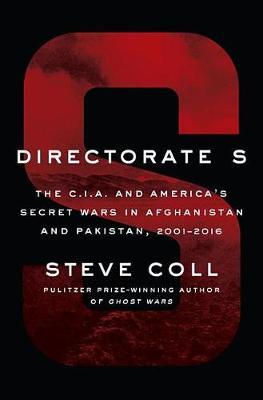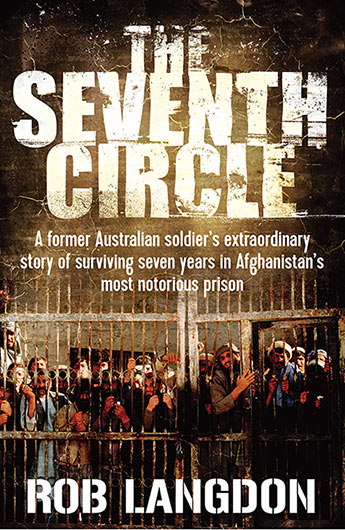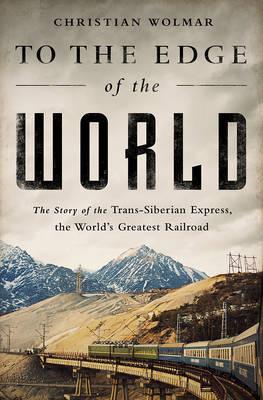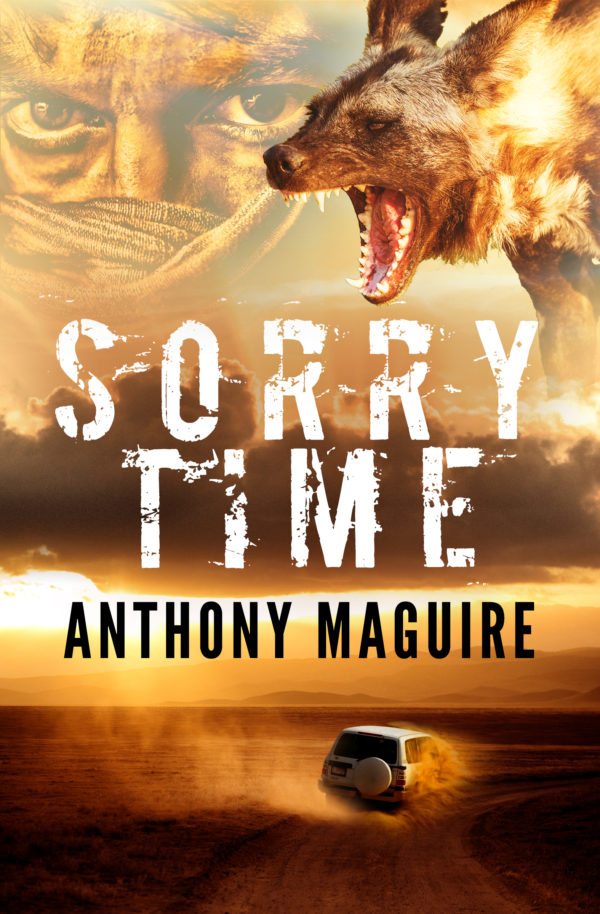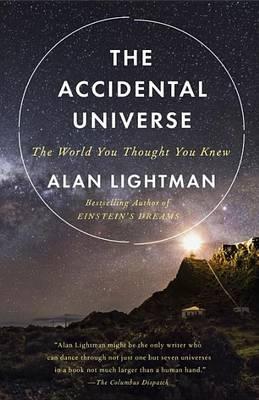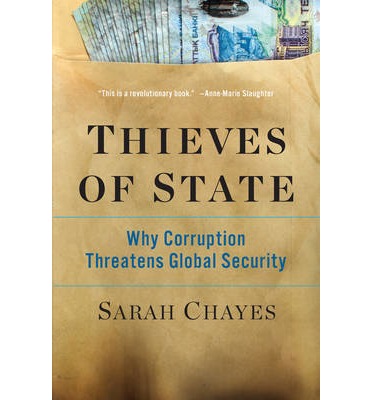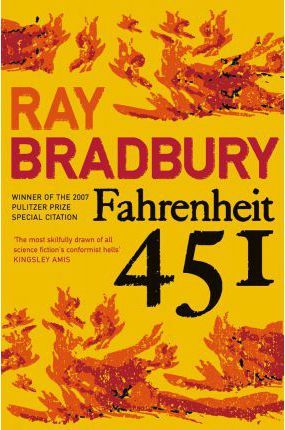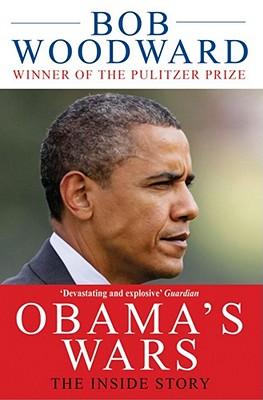Category blog
ASIO: The Enemy Within, largely ignored by Australia’s mainstream media, is a must read book for anyone wanting to understand the conundrum that is Australia today. Critics describe the Australian Security Intelligence Organisation as a secret police force which has done enormous harm to the country’s once flourishing democracy. The country’s politicians have remained silent, either out of their own personal fears or because it suits them. This is an important book which is long overdue. With the Australian government gifting extraordinary powers, protecting it from journalistic scrutiny with some of the most totalitarian legislation imaginable, and increasing its funding in the order of hundreds of millions of dollars in the so-called war on terror, this book is more relevant than ever. Author of ASIO: The Enemy Within, Michael Tubbs, a barrister who took the fight to one of the countries most secretive organisations, is a credible and powerful critic, all the more so because he is not a professional writer but a concerned citizen who has seen at first hand, as a representative of aggrieved parties, too many lives and careers pointlessly destroyed. If you want to know what ASIO has been doing in and to Australian society, this is the book for you. Other books have been written about ASIO, but this book is unique in many ways. No one is better qualified to deal with Australia’s premier domestic nosey parker than Michael Tubbs, one of the few barristers who took the fight up to ASIO by appearing for clients who had fallen foul of its powers. No punches are pulled as Tubbs tries to deliver the Knock-out blow to ASIO and put it out of business. If you want to know how ASIO’s national network of political spies have surreptitiously and manipulatively affected Australia’s free society and changed its political landscape, you need to read this book.
Plunder and Deceit, Mark Levin’s latest offering, has debuted at Number One on the New York Times bestseller lists. Levin argues that in modern America, the civil society is being steadily devoured by a ubiquitous federal government. But as the government grows into an increasingly authoritarian and centralized federal Leviathan, many parents continue to tolerate, if not enthusiastically champion, grievous public policies that threaten their children and successive generations with a grim future at the hands of a brazenly expanding and imploding entitlement state poised to burden them with massive debt, mediocre education, waves of immigration, and a deteriorating national defense. The arguments in Plunder and Deceit can be extrapolated to every Western country.
From the highly acclaimed, multiple award-winning Anthony Doerr, the beautiful, stunningly ambitious instant bestseller about a blind French girl and a German boy whose paths collide in occupied France as both try to survive the devastation of World War II. All the Light We Cannot See has won the 2015 Pulitzer Prize for Fiction. The judging panel called Doerr’s book “an imaginative and intricate novel”, which is “written in short, elegant chapters that explore human nature and the contradictory power of technology”. The Guardian described it as “a piece of luck for anyone with a long plane journey or beach holiday ahead. It is such a page-turner, entirely absorbing.”
America’s Destruction of Iraq fills in the gaps of how America’s disastrous invasion of Iraq created the ultimate breeding ground for the Islamic State. Compounding in detail, compelling in outrage, here are some extracts.
Melbourne-born, Athens-based poet, author, publisher, designer, teacher and musician Jessica Bellreleases her insightful, incredibly candid memoir, Dear Reflection: I Never Meant To Be A Rebel.
The book is a firsthand recount of her turbulent youth and early adulthood as the child of Erika Bach and Demetri Vlass, founders of seminal Melburnian indie bands Ape The Cry and Hard Candy. Though loving, encouraging parents, Bach and Vlass battled their own demons over the years, the former managing a back problem that “became a nightmare of pill popping, alcohol abuse and anxiety attacks”, and the latter “retreating into silence for fear of triggering Erika’s drug-induced psychosis”.
Pre-orders are now available for Tim Winton’s Island Home: A Landscape Memoir, the latest from one of Australia’s most loved writers.
Winton writes: “I grew up on the world’s largest island. I’m increasingly mindful of the degree to which geography, distance and weather have moulded my sensory palate, my imagination and expectations. The island continent has not been mere background. Landscape has exerted a kind of force upon me that is every bit as geological as family.
“To be a writer preoccupied with landscape is to accept a weird and constant tension between the indoors and the outdoors. I am so thin-skinned about weather and so eager for physical sensation I seem to spend a shameful amount of energy fretting and plotting escape, like a schoolboy. Sat near a window as a pupil, I was a dead loss. And I’m not much different now. I can’t even hang a painting in my workroom, for what else is a painting but a window? My thoughts are drawn outward; I’m entranced. This country leans in on you. It weighs down hard. Like family. To my way of thinking, it is family.”
Extract from She Said She Said.
I talk about my impending trip to Australia to see my family. I mention that my sister is travelling at the same time. Paula walks past and says something to me. As she walks away, the mother asks, “So. Is that your sister?”
I blurt out, “Oh, no. That used to be my husband.”
Not my proudest moment. She is bewildered. I am appalled at what I said.
I want to hide under a rock somewhere.
Dirty Wars is story from the frontlines of the undeclared battlefields of the War on Terror. Award-winning journalist and best-selling author Jeremy Scahill documents the new paradigm of American war: fought far from any declared battlefield, by units that do not officially exist, in thousands of operations a month that are never publicly acknowledged. From Afghanistan and Pakistan to Yemen, Somalia and beyond, Scahill speaks to the CIA agents, mercenaries and elite Special Operations Forces operators who populate the dark side of the many wars America is fighting. He goes deep into al Qaeda held territory in Yemen and walks the streets of Mogadishu with CIA-backed warlords. We also meet the survivors of US night raids and drone strikes, including families of US citizens targeted for assassination by their own government -who reveal the human consequences of the dirty wars the United States struggles to keep hidden.
A Sense of Place Publishing is proud to announce the forthcoming publication of She Said She Said.
The ordinary and the extraordinary mix in this excruciatingly intimate, and at times triumphant and funny book which tells a profoundly moving story which could have been custom built for our times.
Anne M Reid had the perfect life with her perfect partner. She and Paul were together for 12 years, married with three beautiful children.
One night, without warning, Paul reveals that as a young child, he had wanted to be a girl. He had felt a total disconnection with his body and at one stage tried to castrate himself.
The book explores the nightmare Anne faced as Paul transitions to Paula, initially with hormonal treatment and eventually surgery. Anne’s husband not only had a new sex, but a new personality, different likes and dislikes, and a different take on the world. The husband she knew simply vanished and a stranger emerged.
The Politics of Heroin in S.E. Asia, first published in 1972, was a landmark book on the heroin trade, and easily one of the most insightful books ever written on the subject. Dr Alfred McCoy is revered by journalists and fellow researchers alike, and continues to write superbly on the difficult subject of the heroin trade.
His first book on the subject was followed by The Politics of Heroin: CIA Complicity in the Global Drug Trade. Here the world’s foremost expert on the subject explains how heroin is behind the multi-faceted disaster which is the war in Afghanistan.
After fighting the longest war in its history, the US stands at the brink of defeat in Afghanistan. How could this be possible? How could the world’s sole superpower have battled continuously for more than 16 years – deploying more than 100,000 troops at the conflict’s peak, sacrificing the lives of nearly 2,300 soldiers, spending more than $1tn (£740bn) on its military operations, lavishing a record $100bn more on “nation-building”, helping fund and train an army of 350,000 Afghan allies – and still not be able to pacify one of the world’s most impoverished nations? So dismal is the prospect of stability in Afghanistan that, in 2016, the Obama White House cancelled a planned withdrawal of its forces, ordering more than 8,000 troops to remain in the country indefinitely.
Months after it won the Man Booker Prize for 2014, Richard Flanagan’s masterful novel The Narrow Road to the Deep North remains in the best seller lists. Set in the Japanese Prisoner of War camps in Thailand during World War Two, it is a beautifully written, heart gripping wrench of a book, up there with Sebastian Faulk’s Birdsong as one of the most powerful war novels of all time. Here is the acceptance speech by author Richard Flanagan for winning the Australian Prime Minister’s Literary Awards for his masterful novel The Narrow Road to the Deep North.
There has been no more beautiful writer in the history of the English language than Janet Frame. Her natural poetic gifts, combined with a close documentation of her own psychic disturbances, produced a densely layered, intensely lyrical prose without peer.
What could possibly be funny about two Tibetan boys climbing a mountain behind their village and finding a very strange object? Would any sane person laugh when the object turned out to be a time capsule created by an advanced civilisation over 300,000 years ago? And what about when the time capsule produces a hologram showing an enlightened society built on the principle of empowerment, a society which managed to destroy itself? Fantasy, the fantastical and the all too true combine in this romp through the ages.
The Rise of Islamic State, written by senior Middle Eastern correspondent Patrick Cockburn, explores the origins of history’s most successful terrorist group and the unfolding of US and the West’s greatest foreign policy debacle. In military operations, by mid 2014 they had outreached Al Qaeda, taking territory that reached across borders and included the city of Mosul. The reports of their military power and brutality to their victims continue to shock and intimidate the West. Out of the failures of Iraq and Afghanistan, the Arab Spring and Syria, a weakened Al-Qaeda has allowed for new jihadi movements, especially Islamic State.
Some 150,000 people have returned to Raqqa, though they are not very visible on the streets. A few shops have reopened but there not many customers and business is slow. Beside an ancient ruin called “The Ladies’ Castle”, Basil Amar as-Sawas has a shop selling doors, some of which he makes himself, while others he buys from people whose houses have been badly damaged but they have been able to salvage some of the fittings.He says there is little money around and those who have any are reluctant to spend it while the situation remains so uncertain. Some people whose houses have survived “are selling them to businessmen because they need the money”. He has two small children below school age but for other people the absence of schools – mostly destroyed or badly damaged – is another disincentive for thinking of a return to Raqqa.
Reminders of the grim rule of Isis are everywhere. The tops of the pointed metal railing surrounding the al-Naeem Roundabout are bent outwards because that is where severed heads were put on display.
Thailand: Deadly Destination exposes the worst scandal in the annals of modern tourism, the high number of deaths of foreigners in the so-called Land of Smiles.
Journalist Michael Shapiro goes on a pilgrimage to visit the world’s great travel writers on their home turf to get their views on their careers, the writer’s craft, and most importantly, why they chose to live where they do and what that place means to them. A Sense of Place chronicles a young writer’s conversations with his heroes, writers he’s read for years who inspired him both to pack his bags to travel and to pick up a pen and write. Michael skillfully coaxes a collective portrait through his interviews, allowing the authors to speak intimately about the writer’s life, and how place influences their work and perceptions.
The Future of Violence: Robots and Germs, Hackers and Drones, Confronting A New Age of Threat, by security experts Benjamin Wittes and Gabriella Blum of the Brookings Institute and Harvard University Law School respectively, brings the reader into a very Brave New World. With the creation of everything from microdot surveillance instruments to swarm cameras to insect sized flying robotic weapons to viruses which can be manipulated by ordinary citizens and unleashed on entire cities to goggles, due to be commercialized by the end of 2015, which will allow an individual to be able to see in real time what is happening anywhere from the top of Mount Everest to Times Square, the future has already arrived. That in an era where a medieval-style holy war is also raging, the potential dangers of the rapid evolution of technology are all too painfully evident. Wittes and Blum begin their introduction to The Future of Violence with the scenario of a robotic drone spreading anthrax. But there are even more frightening scenarios: “We built walls around our countries with legal concepts such as jurisdiction. And for the most part, these intellectual, conceptual and legal constructions have held up pretty well. Yes, we had to adjust in response to al-Qaeda and other transnational nonstate actors. And yes, globalization has complicated the discussion. But the way we think about security–what it means, where it comes from, what threatens it, what protects it, and the relationship between individual and societal security–has remained remarkably stable… This way of thinking is now out of date… The fabric of society and its governance is based on dated assumptions about a technological world that no longer exists.”
A Sense of Place Publishing announces the release of the digital edition of America’s Destruction of Iraq. The author Michael M. O’Brien, shows how George W. Bush’s invasion of Iraq in March 2003 was the greatest foreign policy mistake the United States has ever made, the worst ever made by a modern nation-state. Tragically, he drew much of the Western world into the conflict, in the form of the so-called Coalition of the Willing. America’s notorious prisons in Iraq incubated the formation of Islamic State, not just because of the huge resentments they created inside a sovereign nation, not just because the human rights abuses which occurred within inflamed Muslim sentiment around the world, but because they proved the safest, most perfect meeting places for jihadists to plot the formation of the Islamic State. From a Washington insider and former contract worker within Iraq, America’s Destruction of Iraq brings a unique perspective amidst the growing body of literature on Iraq and the spiraling growth of Islamic State, neither soldier nor policy wonk nor academic, Michael O’Brien illustrates another aspect of the disaster of the American invasion, the appalling bureaucratic and managerial disasters that wasted billions upon billions of dollars scraped off the back of hardworking American taxpayers, all to make a dire situation worse.
Read More…
Could it happen again? Of course it could. It already is. Here is an extract from John Koehler’s authoritative book Stasi: The Untold Story of the East German Secret Police.
“The Stasi was much, much worse than the Gestapo, if you consider only the oppression of its own people,” according to Simon Wiesenthal of Vienna, Austria, who has been hunting Nazi criminals for half a century. “The Gestapo had 40,000 officials watching a country of 80 million, while the Stasi employed 102,000 to control only 17 million.” One might add that the Nazi terror lasted only twelve years, whereas the Stasi had four decades in which to perfect its machinery of oppression, espionage, and international terrorism and subversion.
Compelling, groundbreaking and immensely readable, The Story of Australia’s People: The Rise and Fall of Ancient Australia, is the first installment of an ambitious two-part work, and the culmination of the life work of Australia’s most respected historian Geoffrey Blainey. The vast, ancient land of Australia was settled in two main streams, far apart in time and origin.The first stream of immigrants came ashore some when the islands of Australia, Tasmania and New Guinea were one. The second began to arrive from Europe at the end of the eighteenth century. It was not – and is still not – an easy relationship, and the story of Australia’s people is complex. Gifted with a profound spirituality deeply attached to the land and a sense of place, Australia’s ancient people were devastated by the encroachments on their land, their proud and enduring tribal cultures utterly destroyed. Through their European notions of private property, their animals, the rabbit, alone, has transformed the landscapes of Australia from one end of the continent to the other, while their foxes and cats have destroyed native wildlife which had survived for countless generations. The arrival of Europeans was all about the brutality of invasion. And the Europeans, and now a polyglot rush of people from all over the world, those who opportunistically grafted themselves on to this ancient land, have proved they have learnt nothing: throughout the past Century Australia has been party to wars on foreign lands, and is party to the utter debacle that is the invasion of Iraq.
Margaret Atwood wrote in her tribute to the author of The Left Hand of Darkness, Ursula K Le Guin: I am very sad that Ursula K Le Guin has died. Not only was she one of the literary greats of the 20th century – her books are many and widely read and beloved, her awards are many and deserved – but her sane, committed, annoyed, humorous, wise and always intelligent voice is much needed now.
Right before she died, I was reading her new book, No Time to Spare, a collection of trenchant, funny, lyrical essays about everything from cats to the nature of belief, to the overuse of the word “fuck”, to the fact that old age is indeed for sissies – and talking to her in my head. What if, I was saying – what if I write a piece about The Left Hand of Darkness, published by you in 1969? What if I say it’s a book to which time has now caught up?
Consider: the planet of Gethen is divided. In one of its societies, the king is crazy. Cabals and personal feuds abound. You’re in the powerful inner circle one day, an outcast the next. In the other society, an oppressive bureaucracy prevails and a secret committee knows what’s best. If judged a danger to the general good you’re deemed persona non grata and exiled to a prison enclave, with no trial or right of reply.
Buy Now
America’s war in Afghanistan is the longest war the U.S. has ever fought. Beginning a month after the terrorist attacks of Sept. 11, 2001, the initial mission was to remove the Taliban from power and destroy the al-Qaida terror network. Now, nearly 17 years later, Pulitzer Prize-winning journalist Steve Coll points out in his new book Directorate S: The CIA’s Secret War in Afghanistan and Pakistan, that the war’s goals have changed.
At best the war is a grinding stalemate.
“The prison was a hell on earth, as I will attempt to show in these pages, but I’m afraid my words will never be up to the task of conveying the filth, the danger, the uncertainty, the noise, the stench, the hopelessness, the barbarity, the cheapness of life, the random violence, the anguish, and the sheer fucking boredom that I had to wade through day after day, more than two thousand days and nights, in what should have been my prime.”
To the Edge of the World is an adventure in travel full of extraordinary personalities, more than a century of explosive political, economic, and cultural events, and almost inconceivable feats of engineering. Christian Wolmar passionately recounts the improbable origins of the Trans-Siberian railroad, the vital artery for Russian expansion that spans almost 6,000 miles and seven time zones from Moscow to Vladivostok. The world’s longest train route took a decade to build in the face of punishing climates, rampant disease, scarcity of funds and materials, and widespread corruption.
A Sense of Place Publishing is proud to announce the forthcoming publication of Sorry Time by Anthony Maguire. The book is action packed from the get-go, beginning with murder and revenge in a compelling and merciless outback. The breakneck story is tailor made for film and this quality ensures a visually rich and entertaining reading experience.
You’re driving along a lonely outback road when suddenly a kangaroo leaps out in front of you. Your car is wrecked and then things rapidly go downhill from there as you find yourself under attack from a pack of wild dogs. Having survived that, you cross bloody paths with a pair of violent criminals – brothers Ali and Abdul Fazir – who’ve murdered two people on a remote Aboriginal community.
Alan Lightman’s The Accidental Universe: The World You Thought You Knew is a book about nesting ospreys, multiple universes, atheism, spiritualism, and the arrow of time. He takes the reader back and forth between ordinary occurrences-old shoes and entropy, sailing far out at sea and the infinite expanse of space. He looks toward the universe and captures aspects of it in a series of beautifully written essays, each offering a glimpse at the whole from a different perspective: here time, there symmetry, not least God. It is a meditation by a remarkable humanist-physicist, a book worth reading by anyone entranced by big ideas grounded in the physical world.
A Sense of Place Publishing is proud to announce the forthcoming publication of She Said She Said by Australian born American author Anne Reid. The ordinary and the extraordinary mix in this funny, moving, excruciatingly intimate, triumphant book which soars… Continue Reading →
Award-winning former NPR correspondent, foreign policy expert, and associate at the Carnegie Endowment, Sarah Chayes has an urgent warning in her new book Thieves of State: Why Corruption Threatens National Security. Militant puritanical religion is presenting as a just alternative to depraved secular rule.
Something Wicked This Way Comes. It most certainly does. We are entering a new age of book burning, where ideas are ridiculed, contrary views cannot be debated, and governments reach for their only tool, crackdowns in the march towards totalitarian states. Ray Bradbury’s Fahrenheit 451 was an entirely prophetic novel, and now sits alongside George Orwell’s 1984 as a book which predicted a future no-one truly expected to see, the closing of minds and the subjugation of dissent in the 21st Century. Here are some brief extracts.
It was a pleasure to burn.
It was a special pleasure to see things eaten, to see things blackened and changed. With the brass nozzle in his fists, with this great python spitting its venomous kerosene upon the world, the blood pounded in his head, and his hands were the hands of some amazing conductor playing all the symphonies of blazing and burning to bring down the tatters and charcoal ruins of history.
In May of 2015 one of the most admired journalists of all time, “scoop artist” Seymour Hersch, revealed that much of what the Obama White House told the world about their killing of Osama bin laden in a Pakistani compound was simply a lie. In a not unusual display of arrogance from the Obama administration, the claims were dismissed out of hand. Instead Obama and his henchmen, in a classic case of disinformation, attempted to malign the name of one of the best connected, most thorough and most intellectually gifted reporters of the modern era. They claimed Seymour Hersch, whose books include Chain of Command and The Price of Power, had got it wrong. Unfortunately for the future of a decaying democracy, Seymour Hersch was a far more credible source of information than the Obama White House would ever be. In a transparent attempt to bury the Hersch story and manipulate public opinion, in the wake of Hersch’s revelations the White House released a flood of documentation of material found in bin Laden’s compound, including a list of his favourite reading material, including the book Obama’s Wars: The Inside Story by Pulitzer Prize winning journalist Bob Woodward. There is no such thing as coincidence.
